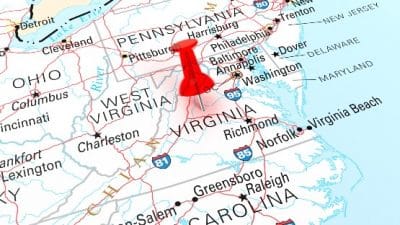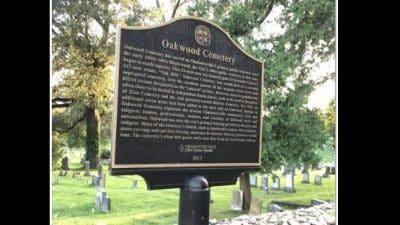
Legislation reintroduced in the U.S. Senate last week would protect students by applying strong consumer protections on Income Share Agreements (ISAs).
The ISA Student Protection Act was reintroduced by Sens. Mark Warner of Virginia, Todd Young of Indiana and Marco Rubio of Florida and Chris Coons of Delaware to support an innovative financing tool for students pursuing postsecondary education.
ISAs make it possible for students to plan financing for a higher education based on their future income and job success. A student agrees to pay a percentage of their income over a given time period in exchange for tuition payments from nongovernmental sources. When that time frame ends, the student stops payments whether the full amount was paid or not.
“Income-Share Agreements are a promising way to finance postsecondary education and an attractive alternative to high-interest student loans,” Warner said. “There are students across the country who are already benefitting from ISAs and deserve the safeguards and certainty the ISA Student Protection Act of 2022 would provide.”
Young said that Indiana’s students should not have to choose between a quality education and an affordable education.
“In the midst of record-high inflation, many students and families continue to face financial hardship and an increase in student loan debt. With the appropriate safeguards, ISAs can be an innovative, debt-free financing option for Hoosier students. Our bipartisan bill works to strengthen the framework for ISAs, enabling both colleges and career and technical schools to prepare students for success in the workforce without burdening taxpayer,” Young said.
Rubio said that everything is more expensive in 2023, including a college degree.
“This common sense bill creates a debt-free financing option for students,” Rubio said.
The legislation would:
- Prohibit ISA providers from entering into agreements with students that require payments higher than 20 percent of income.
- Exempt individuals from making payments towards their ISA when their income falls below an affordability threshold.
- Set a maximum number of payments and limits payment obligation to the end of a fixed window.
- Set a minimum number of voluntary payment relief pauses, during which payment obligations may be suspended.
- Require detailed disclosures to students who are considering entering into an ISA, including the amount financed, the payment calculation method, the number of payments expected, the length of the agreement, and how their payments under the ISA would compare to payments under a comparable loan.
- Provide strong bankruptcy protection for ISA recipients by omitting the higher “undue hardship” standard for discharge required under private loans.
- Prevent funders from accelerating an ISA in default.
- Ensure that ISA obligations cease in the event of death or total and permanent disability.
- Apply federal consumer protection laws to ISAs.
- Give the Consumer Financial Protection Bureau regulatory authority over ISAs.
- Clarify the tax treatment of ISA contributions for both funders and recipients.
“Income Share Agreements are a useful alternative for some students who need financing for postsecondary education and training, especially when federal student aid is not available. TheISA Student Protection Act of 2023 would establish guardrails to protect these students as they begin their careers while creating legal certainty for providers who develop these innovative financial offerings,” Coons said. “With trillions of dollars in U.S. student loan debt burdening the country’s workforce, I’m glad to move forward on bipartisan legislation to strengthen additional financing options for students who are preparing for success.”










